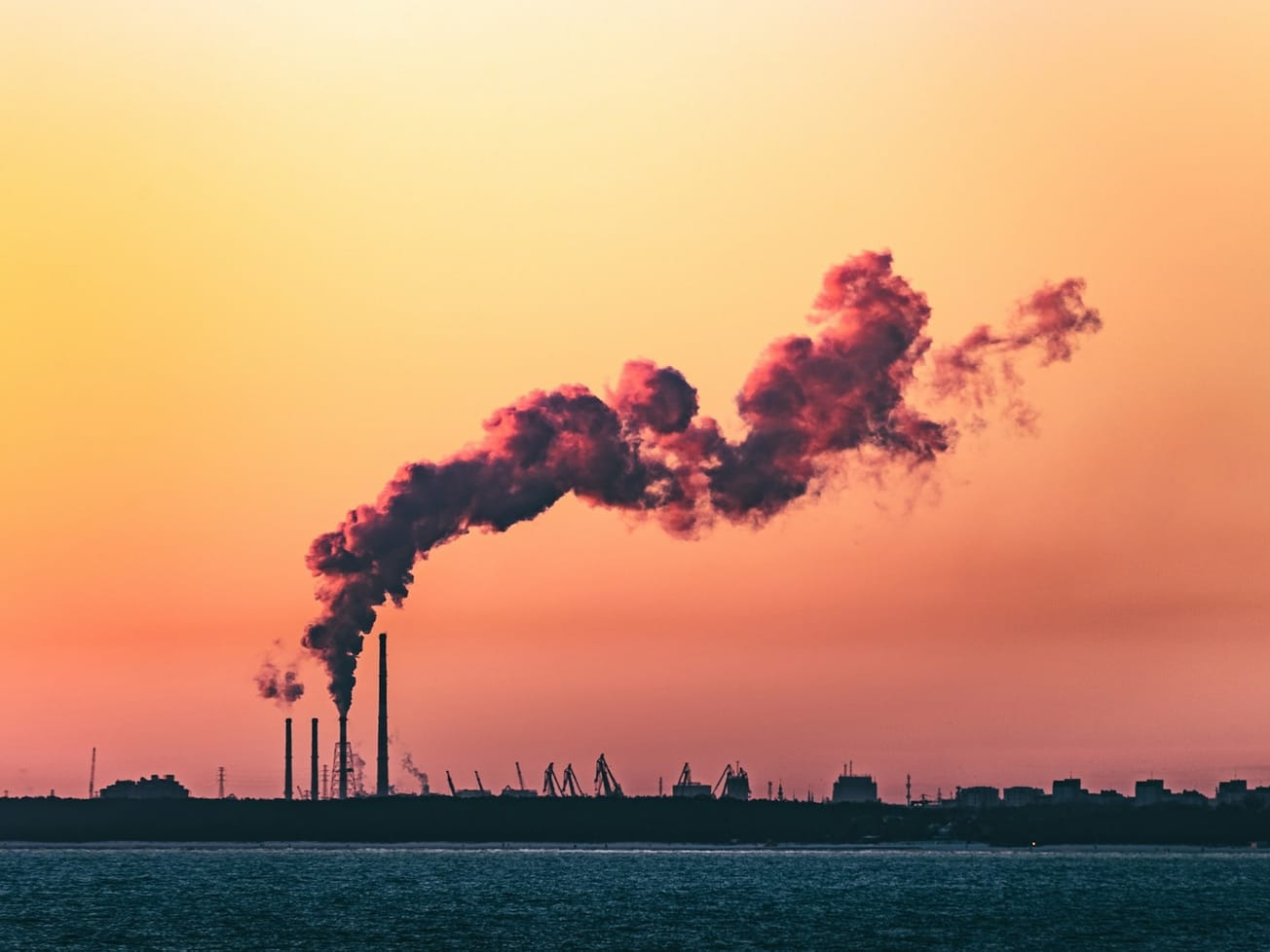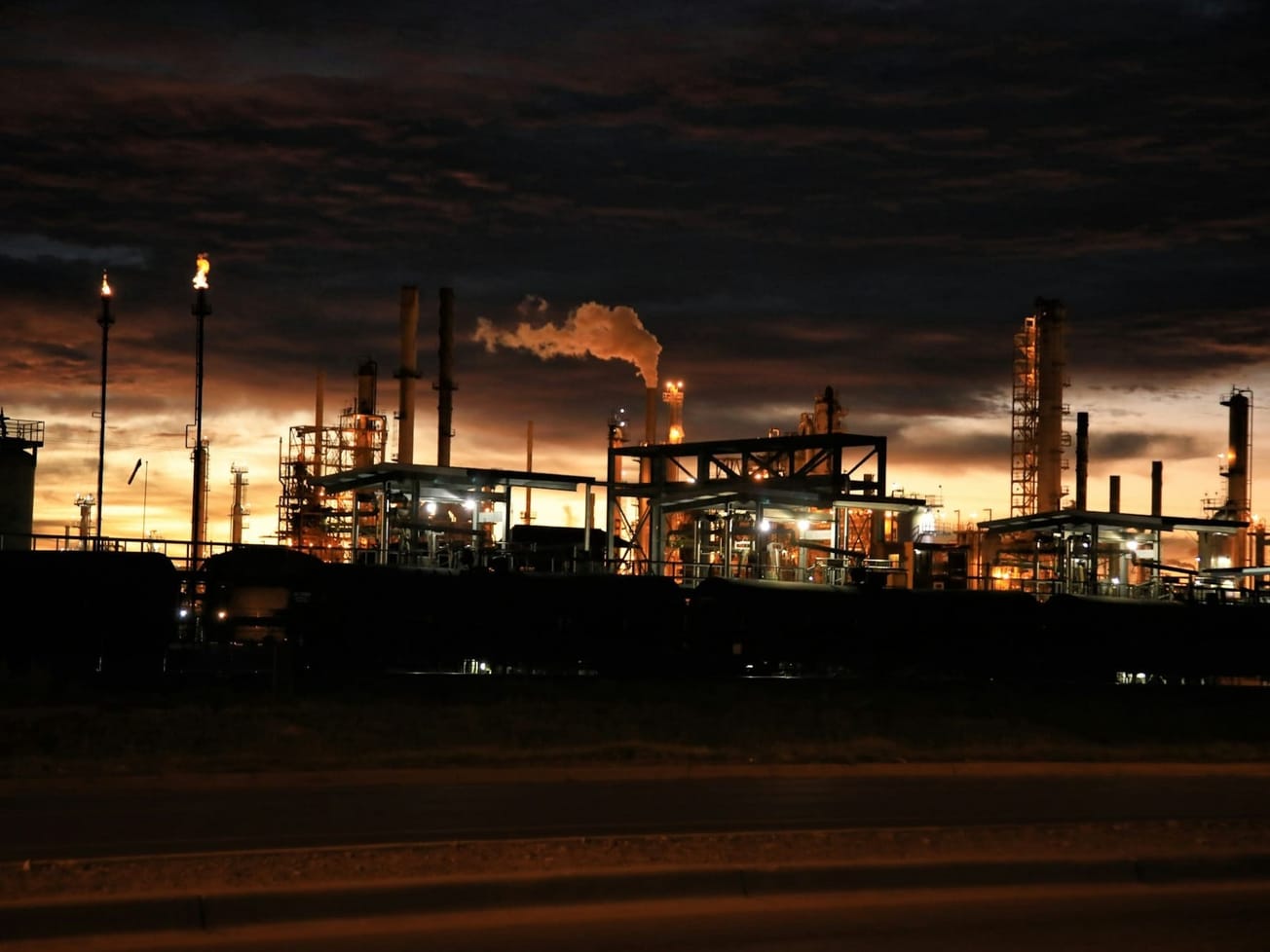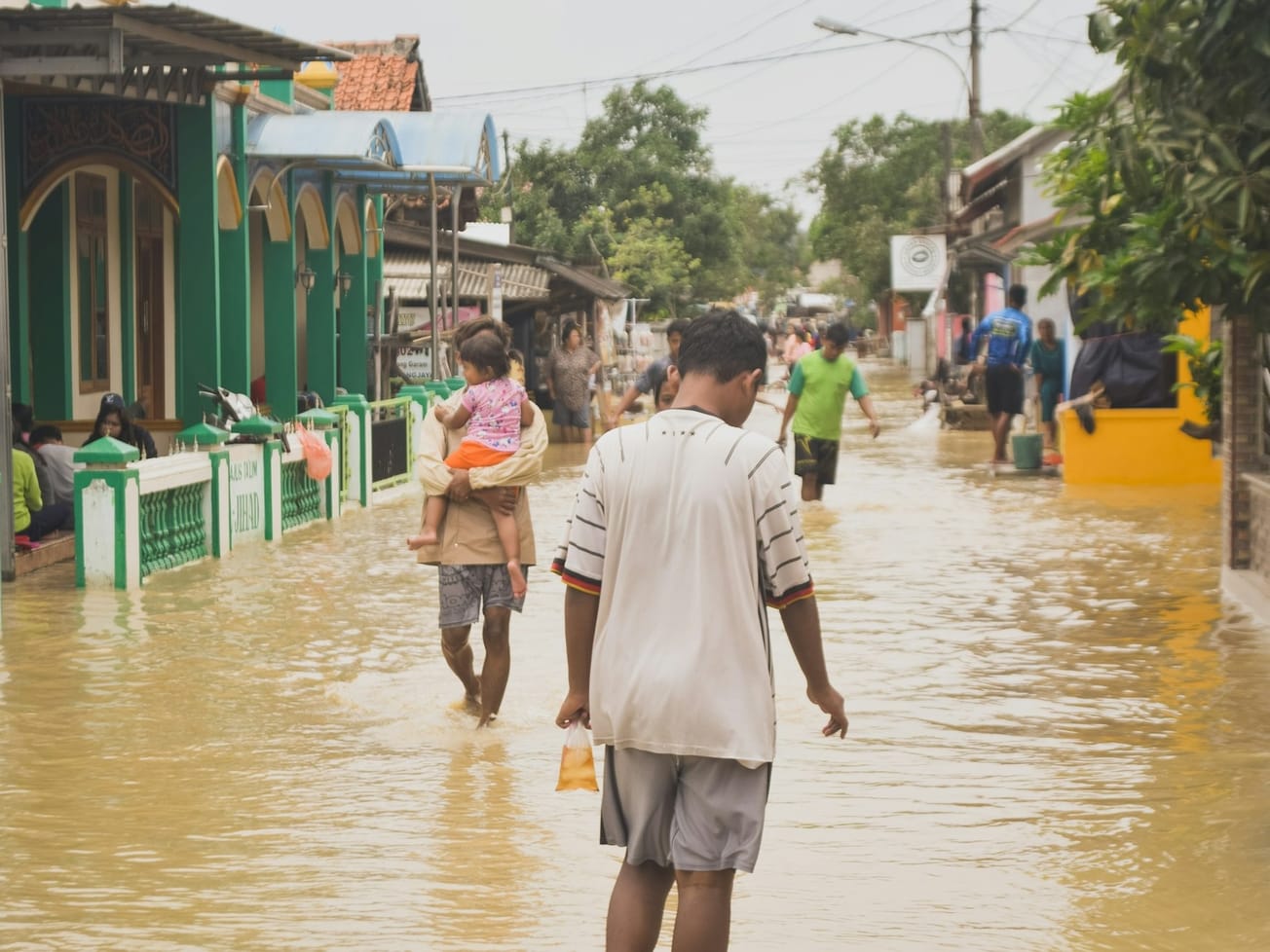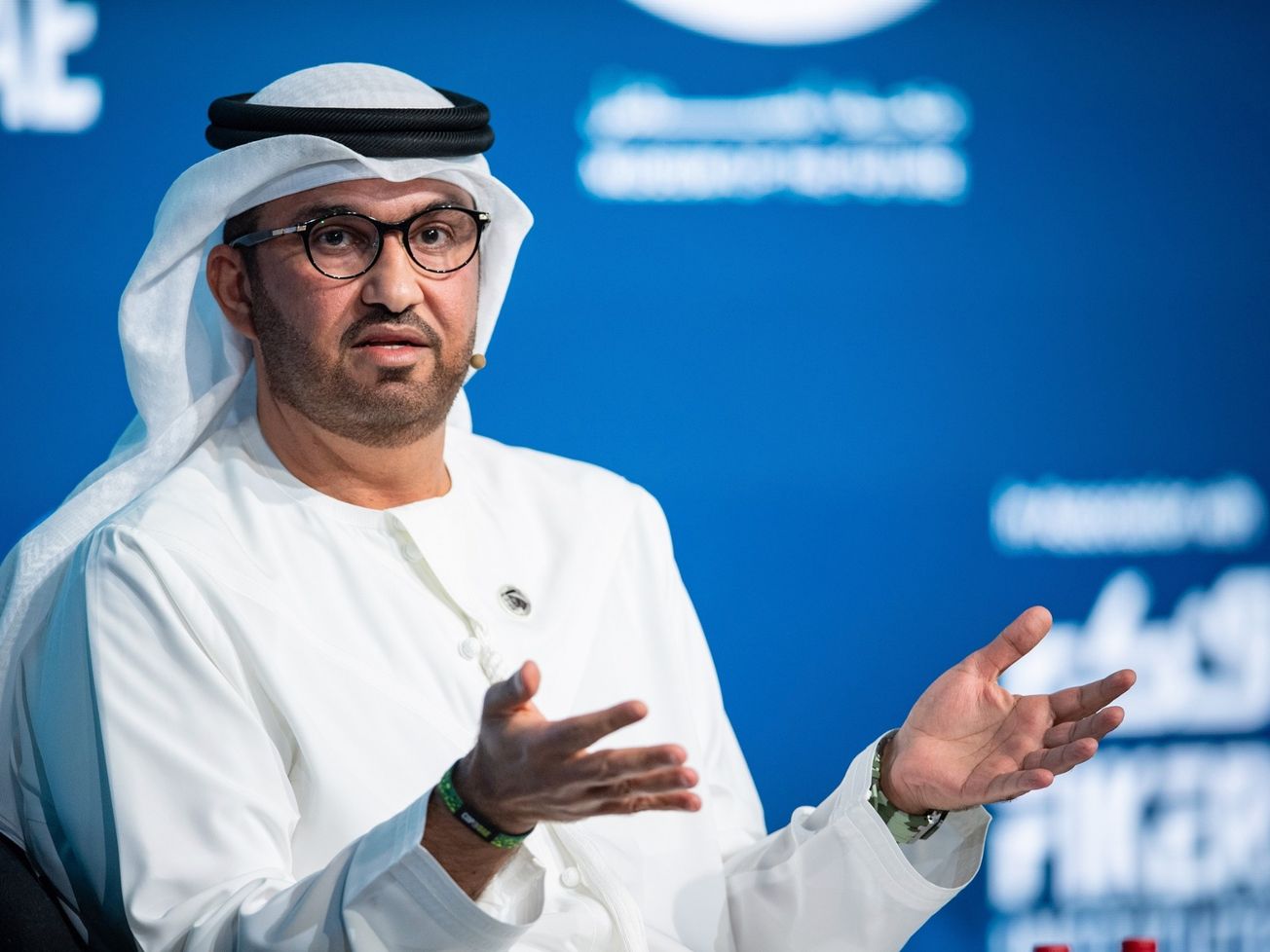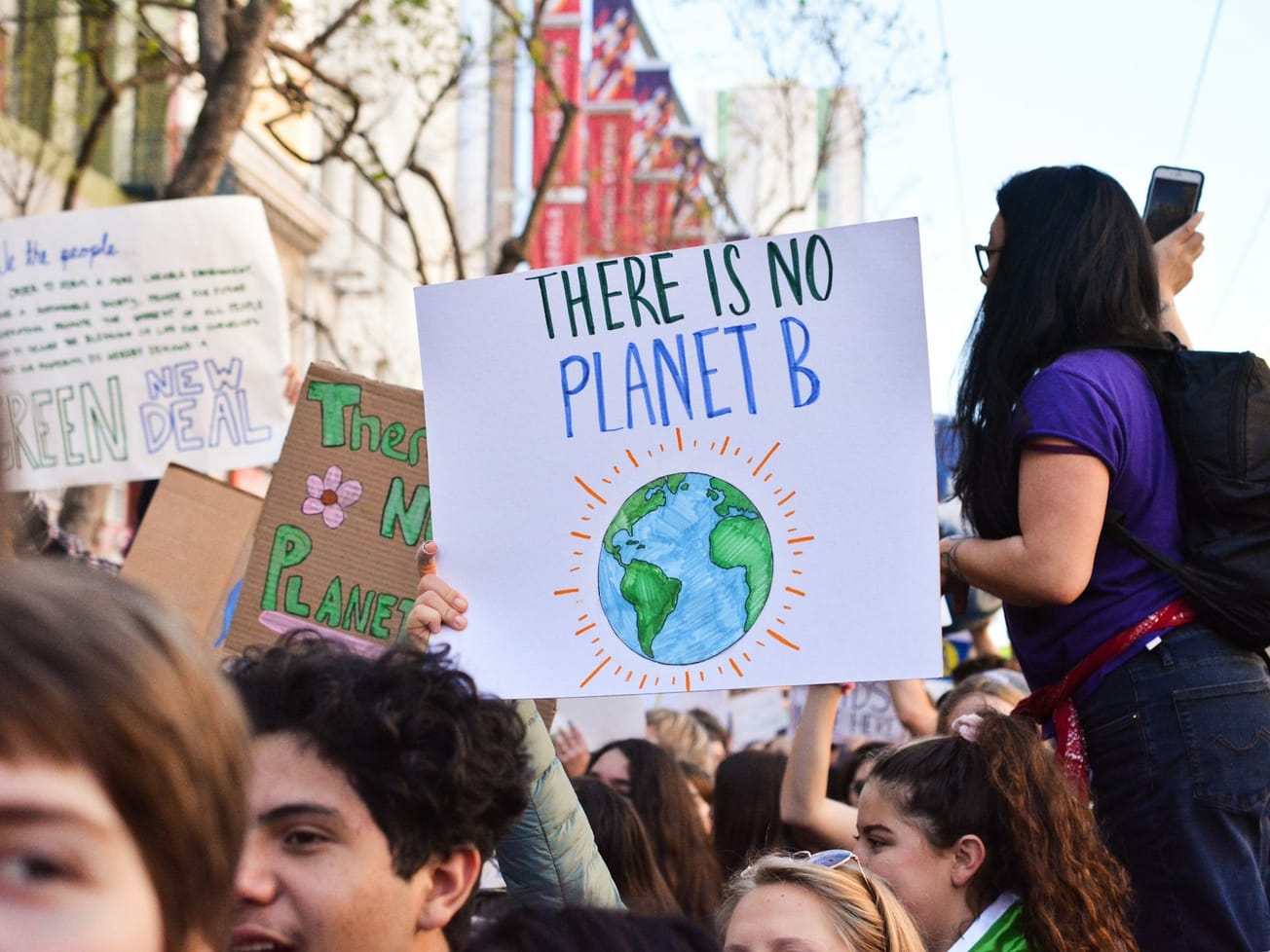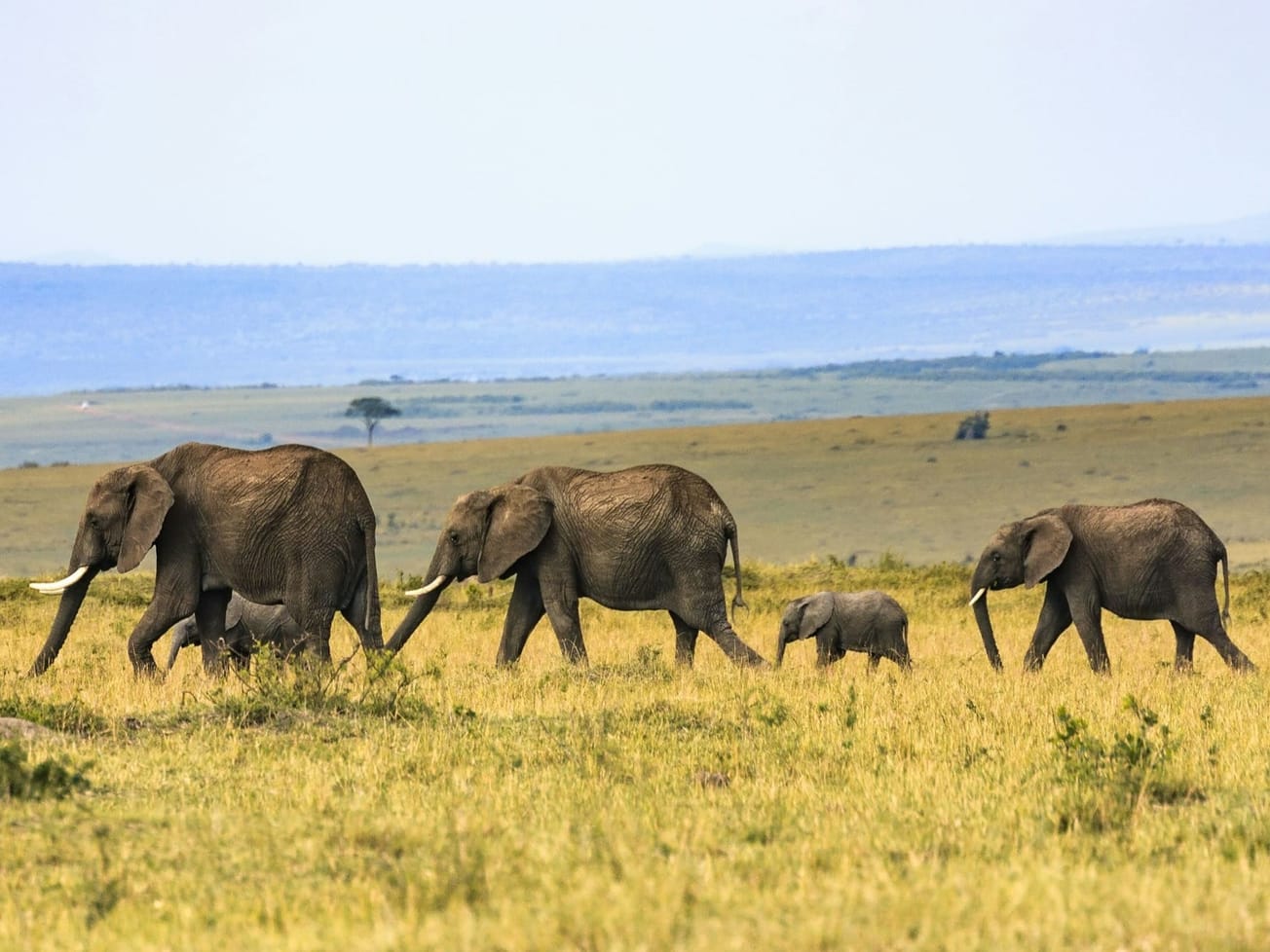
World on track to breach Paris treaty and head to almost 3° C. of warming
Emissions must decrease 42% by 2030 to keep the 1.5° target alive. Instead, they're expected to rise 3% by then.
Our coverage of the growing convergence of climate and global health issues, including the latest news on the science, politics and economics that are behind it.

Already have an account? Log in
Emissions must decrease 42% by 2030 to keep the 1.5° target alive. Instead, they're expected to rise 3% by then.
Heat-trapping greenhouse gases keep collecting in the atmosphere at a record rate, the U.N. weather agency found.
Government plans would blow past limits needed to limit warming to 1.5° Celsius above pre-industrial levels.
The food on our tables often comes with high, unseen costs to our health, environment and society, a new FAO report finds.
Two U.N. reports show how that more climate aid for developing nations could reduce the millions of deaths a year from climate shocks.
The Global Preparedness Monitoring Board urged more trust-building to boost monitoring, accountability and financing.
The International Energy Agency expects a far greater role for solar, wind and other clean technologies, with 10 times as many electric cars on the road this decade.
UNICEF forecasts nearly 96 million children displaced by river flooding, 10.3 million by cyclonic winds, and 7.2 million by storm surges over three decades.
Sultan Ahmed Al Jaber insists the world's seventh largest oil producer sees the 1.5° climate goal as its "North Star."
New measurements show a dramatic decline in the health of glaciers and sea ice, perpetuating the cycle of warming.
In 2015, nations committed to hold global warming to no more than 2° Celsius above pre-industrial levels, or preferably 1.5°.
Some in the developing world fear that the war in Ukraine is diverting attention away from the dangers of climate change.
The U.N. health agency praised world leaders for a 'historic' commitment to working together against future pandemics.
Oil producers took issue with a prediction by the energy agency's chief that demand for fossil fuels will peak by 2030.
African leaders say they have a market-based plan to fight warming that will spread development on the continent.
In the recording, UAE officials anticipate a need to "minimize" attacks on the Gulf nation's human rights record when it hosts COP28 in Dubai later this year.
